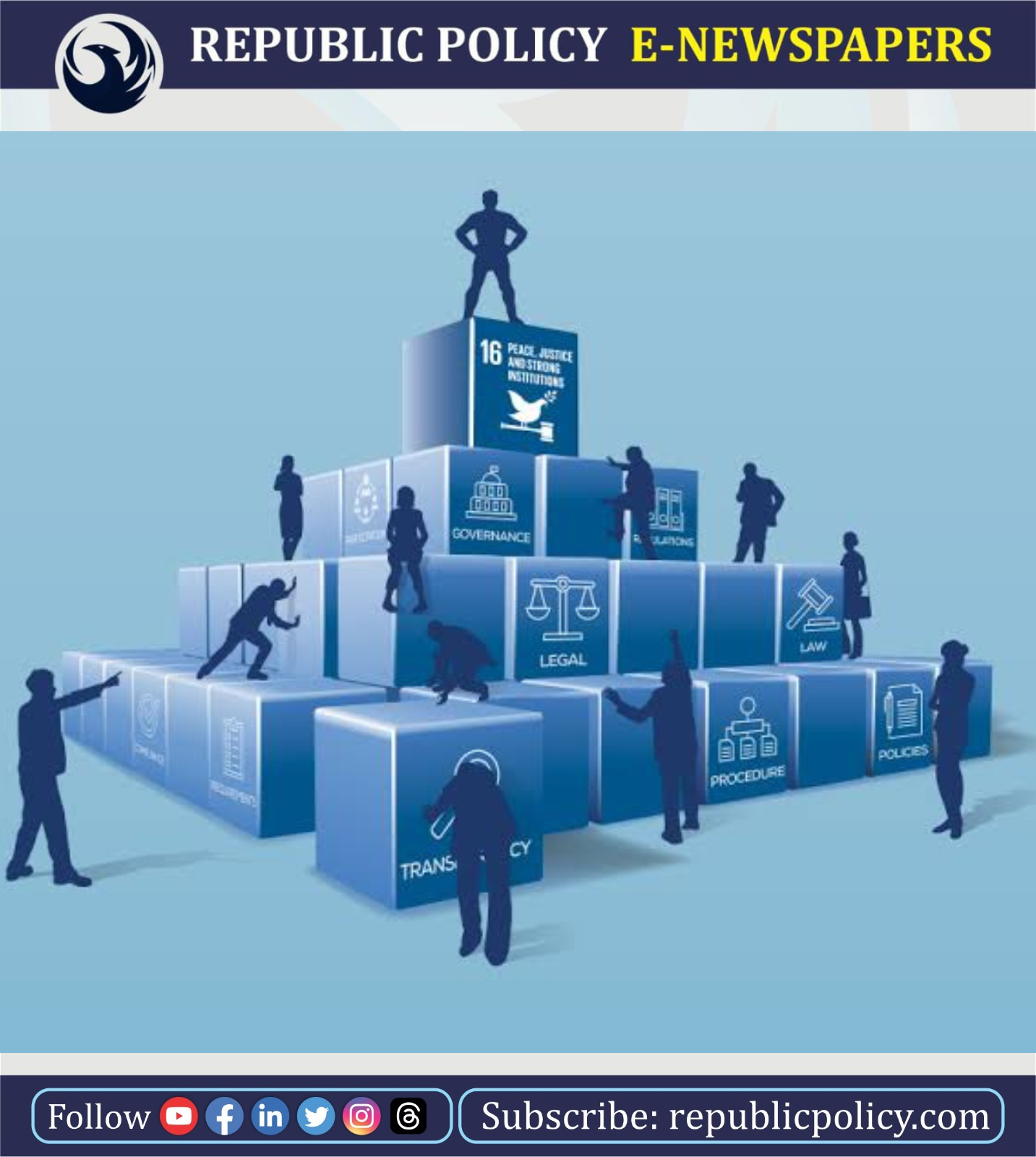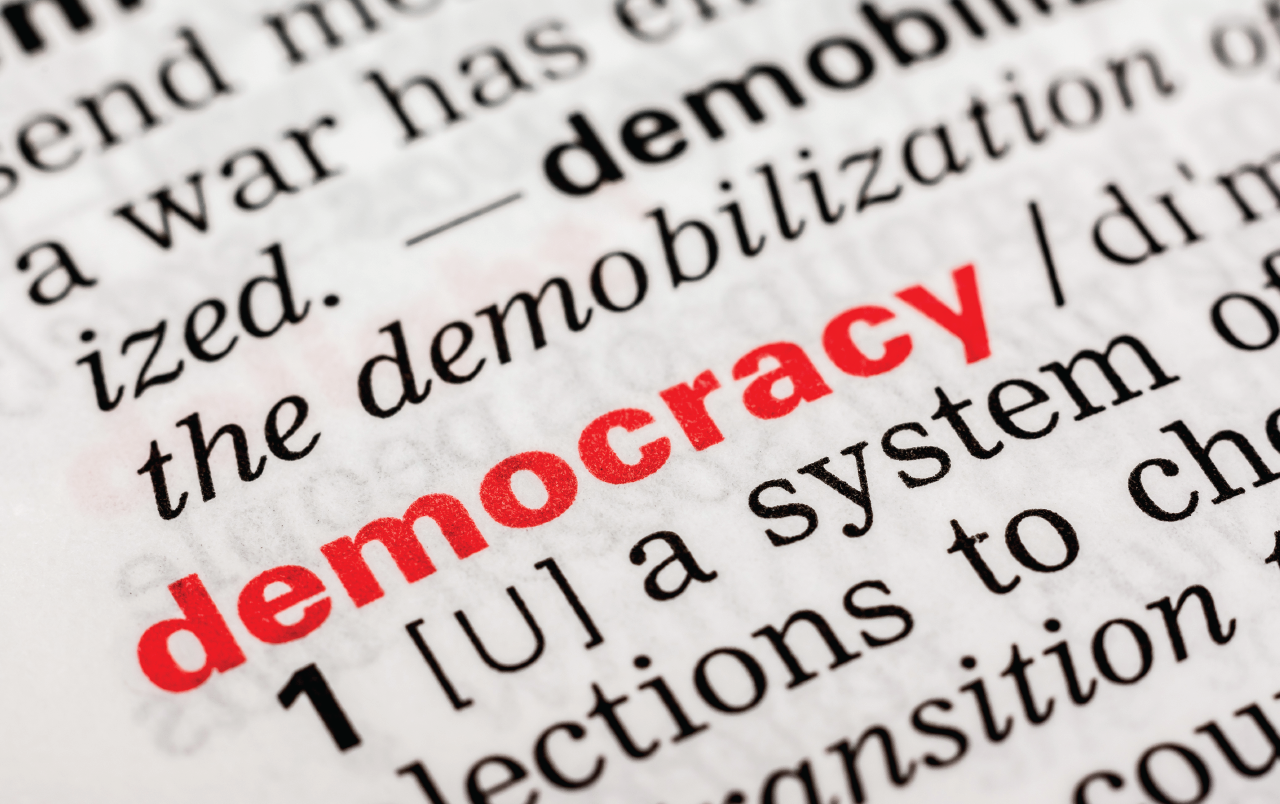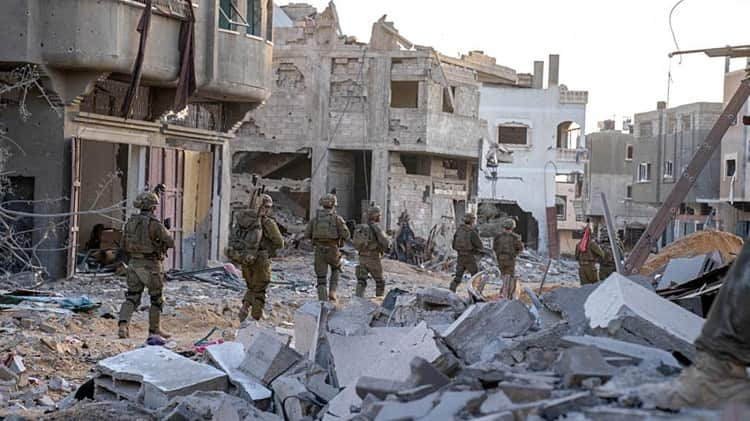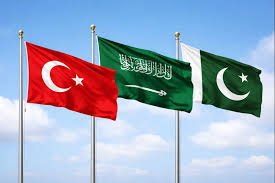Institution making for a state refers to the process of creating and maintaining the political, legal, economic and social structures that enable the state to exercise its authority and fulfill its functions. Institutions are the rules of the game that shape the behavior and interactions of individuals and groups within a society. Hence, institutional development is the development of the sate and society.
Institutional development is critical for growth of a state because it affects the incentives, capabilities and accountability of the state actors and the citizens. Institutions can influence the allocation of resources, the protection of property rights, the provision of public goods and services, the enforcement of contracts, the resolution of conflicts, the participation of citizens in decision making, and the responsiveness of the state to the needs and preferences of the people.
There is no one-size-fits-all formula for how to strengthen institutions in Pakistan or any other country. Different countries face different challenges and opportunities depending on their historical, cultural, political and economic contexts. However, some possible steps that could help improve institutional quality and performance include enhancing transparency and accountability in public financial management, taxation, procurement, service delivery and anti-corruption efforts. This could involve strengthening oversight mechanisms, promoting citizen engagement, improving access to information and using digital technologies to reduce leakages and inefficiencies.
Improving public sector performance by fostering meritocracy, professionalism, innovation and learning among civil servants is also critical. This could involve reforming recruitment, training, evaluation, promotion and incentive systems, as well as creating platforms for knowledge sharing and problem solving across sectors and levels of government. Furthermore, building trust and cooperation among different stakeholders in society, including the state, the private sector, civil society, media, academia and international partners is vital for institutional growth. This could involve fostering dialogue, consultation, collaboration and coordination on key issues and reforms that affect the common interests and goals of the society.

These are just some examples of possible institutional reforms that could enhance growth and development in Pakistan or any other country. However, they are not easy to implement or sustain. They require political will, leadership, commitment, resources, capacity and adaptation to local realities. They also involve trade-offs, risks and uncertainties that need to be carefully managed. Therefore, institutional reforms should be based on a sound diagnosis of the problems and opportunities in each context, as well as a realistic assessment of the feasibility and impact of different options.















